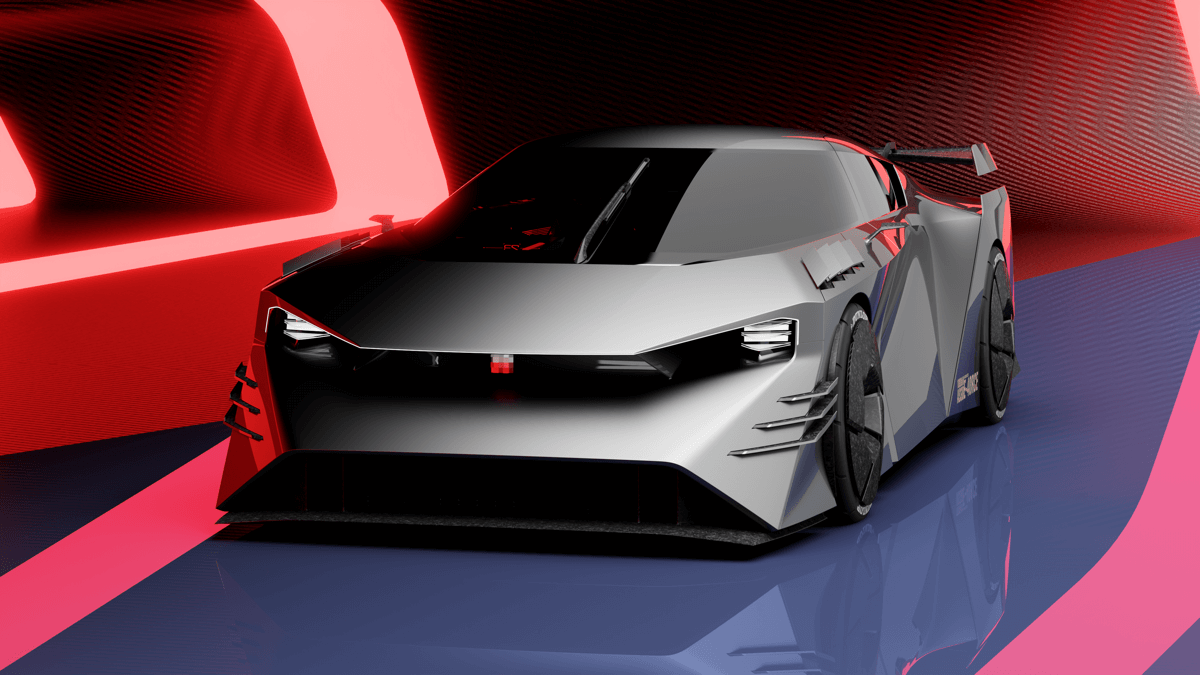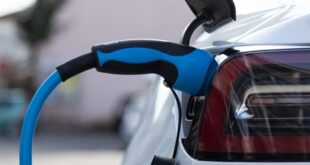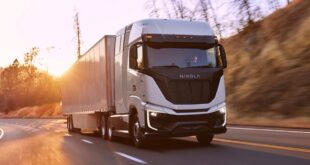While other automakers are still clinging to gas engines, Nissan is forging a new path by halting investment in new combustion engines.
Nissan has made a bold move in the automotive industry by deciding to stop developing new gasoline and diesel engines. While many automakers are transitioning to electric vehicles (EVs), most are still holding onto gas-powered engines for as long as possible. However, Nissan is taking a different approach, fully committing to an electrified future.
Francois Bailly, Nissan’s Senior Vice President and Chief Planning Officer for the Africa, Middle East, India, Europe, and Oceania (AMIEO) region, confirmed this shift. When asked if diesel had a future at Nissan, Bailly stated, “Our future is EV. We’re not investing in new powertrain[s] for ICE, that’s for sure.”
Currently, Nissan offers only two electric vehicles in the U.S., the LEAF and the Ariya, and doesn’t sell any hybrids. In other markets, however, Nissan has been leveraging its e-Power technology, which is a unique hybrid system where the internal combustion engine (ICE) acts as a generator to charge the onboard battery, rather than driving the wheels directly. This approach allows for a smoother transition to fully electric vehicles. Nissan aims to enhance the thermal efficiency of its e-Power engines to 50%, a goal they have been working towards for years.
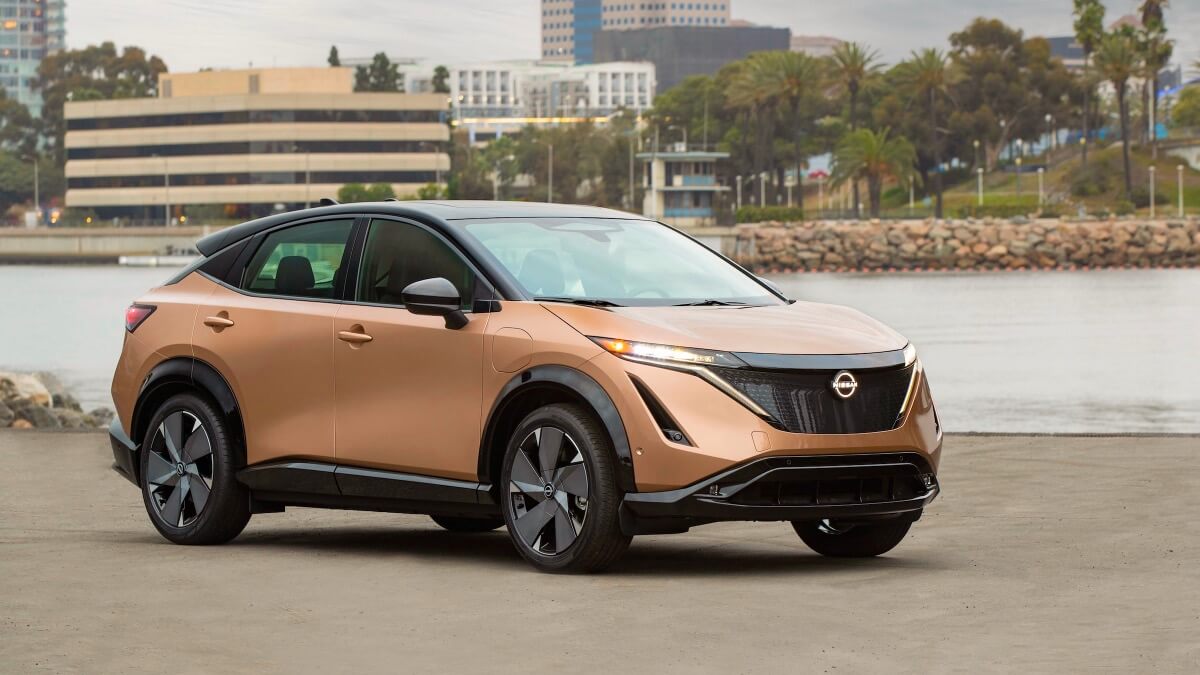
Despite the decision to halt new ICE development, Nissan isn’t entirely abandoning gas engines immediately. In regions with more relaxed emissions regulations, such as Africa, where Euro 2 standards are still in effect, Nissan will continue to update existing engines to meet regional requirements. This means the speed of Nissan’s shift to EVs will vary depending on the market.
Nissan’s strategy contrasts sharply with other Japanese automakers like Toyota, Mazda, and Subaru. These brands are still investing in gas engines and believe in the potential of carbon-neutral fuels to keep ICE technology viable. Toyota, for instance, is working on new combustion engines that run on alternative fuels, while Mazda is focusing on rotary engines, and Subaru is developing new hybrid systems based around its boxer engine. These companies see a future where gas engines can still play a role, especially with advancements in fuel technology.
Nissan’s decision reflects a clear commitment to electrification. Bailly emphasized the company’s investment is focused on EVs and the e-Power system. “Each market will go at their own pace,” he said, indicating that while some regions may adopt EVs quickly, others will take longer due to varying emissions regulations.
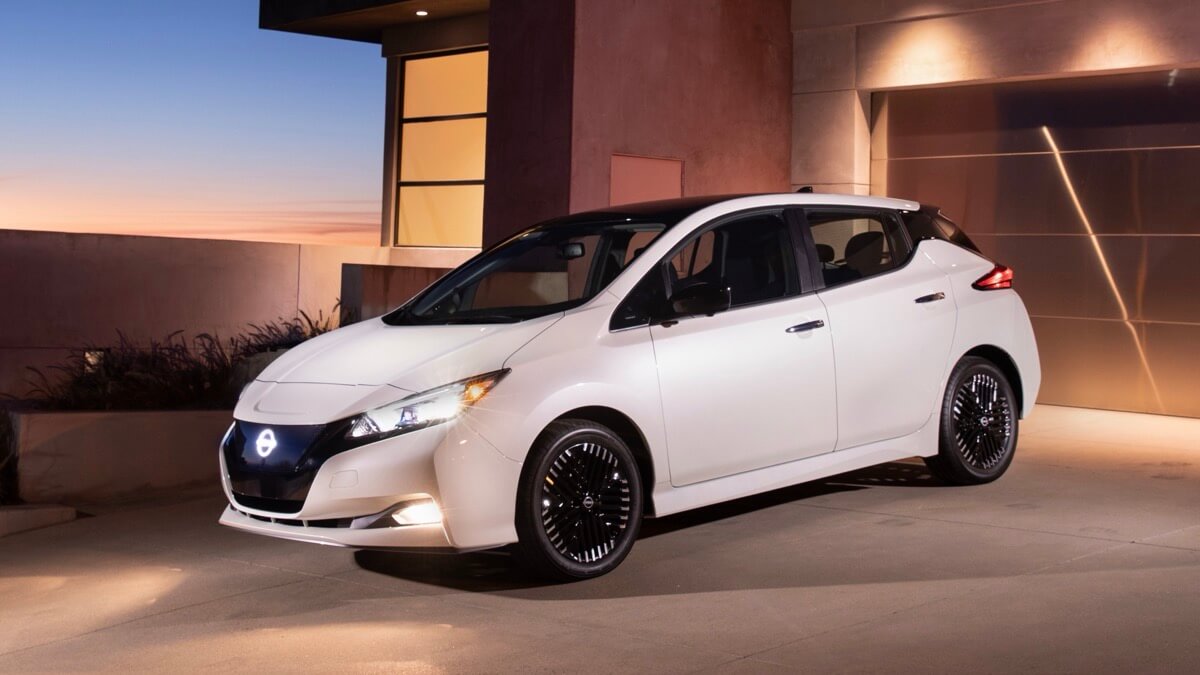
This move by Nissan also comes amidst broader industry changes. Some automakers have had to rethink their electrification plans due to slower-than-expected adoption rates of EVs. High prices and concerns over charging infrastructure remain significant barriers for many consumers. However, Nissan’s clear direction towards an all-electric future shows its confidence in the long-term viability of EV technology.
So, while Nissan’s rivals continue to hedge their bets with alternative fuels and hybrid technologies, Nissan is all-in on electric vehicles. This strategic shift highlights the company’s commitment to leading the charge in the transition to a more sustainable automotive future. As the industry evolves, it will be interesting to see how Nissan’s bold move influences its position in the global market and how quickly other automakers might follow suit.


